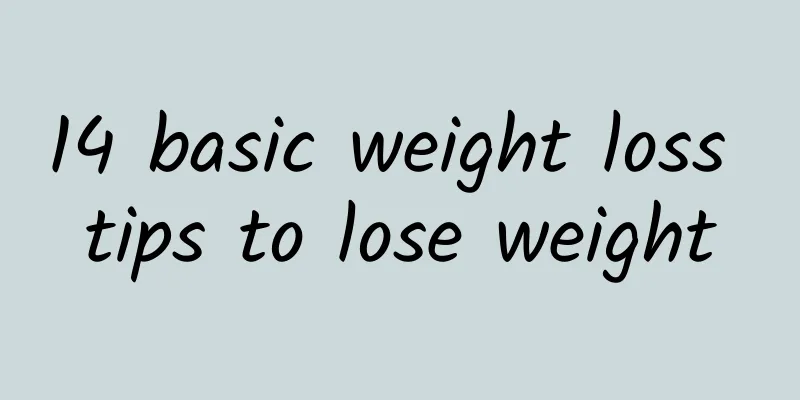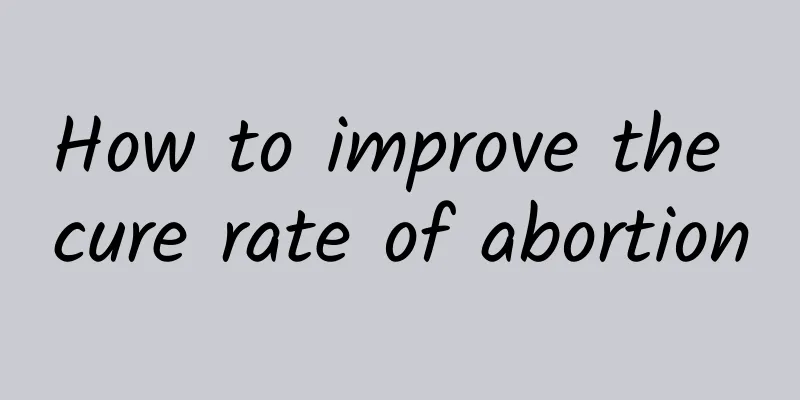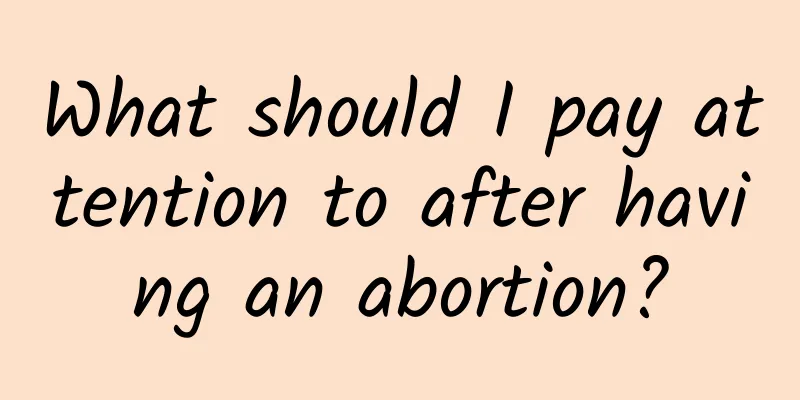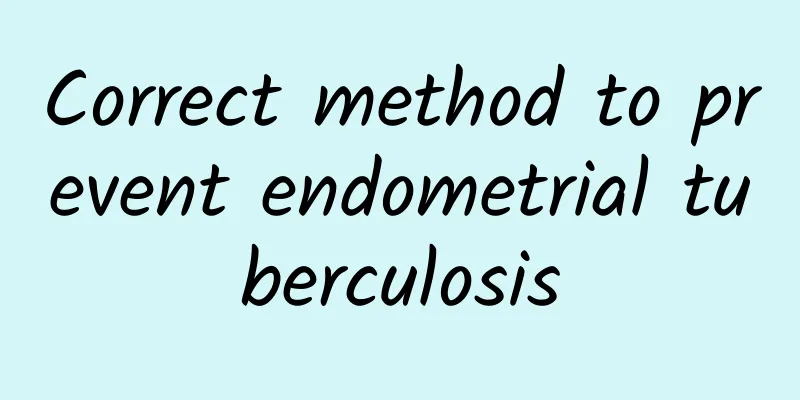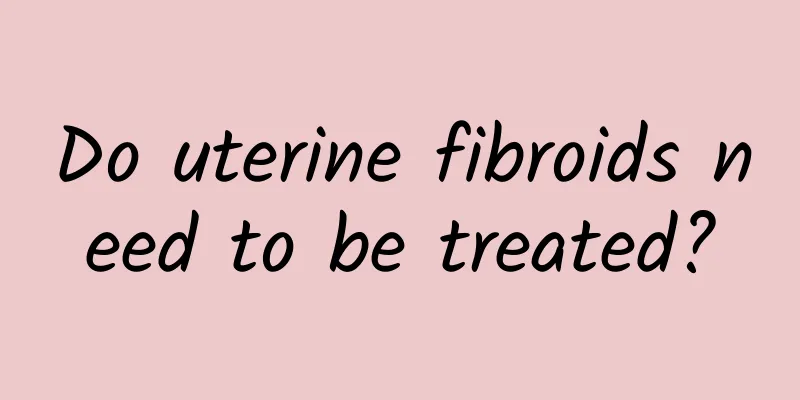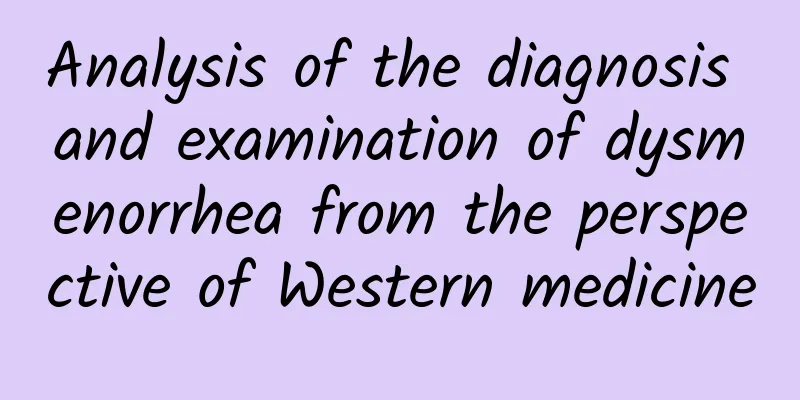Which will make you lose more weight: eating more at lunch or eating more at dinner?
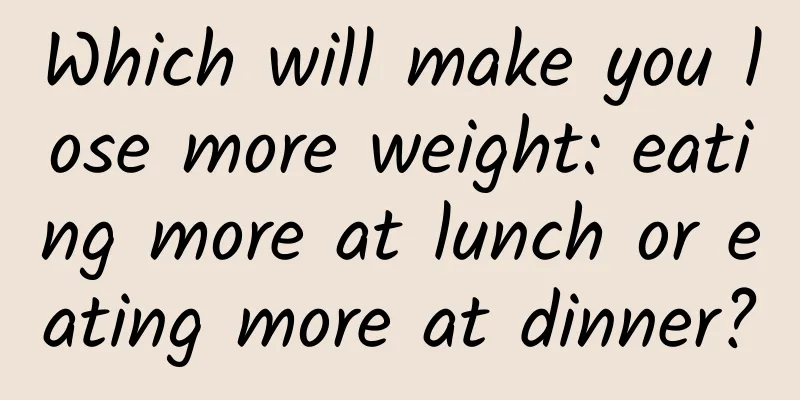
|
When it comes to losing weight, most people will control the calories they eat. So, after controlling the total calorie intake per day, how should we distribute the amounts of the three meals? Is it better to eat more Chinese food? Or should I eat more at dinner? Often after a busy day at get off work, in order to relax and reward ourselves, dinner often becomes the largest meal of the day. Is this a good idea? New research gives us the answer! This study was published in the American Journal of Clinical Nutrition (AJCN). The researchers recruited 80 middle-aged women (average age 33) who wanted to lose weight in an outpatient clinic. The average BMI was about 32, and they did not have any cardiovascular or metabolic diseases. They were divided into two groups. Under the supervision of a nutritionist, the two groups had similar total daily calorie intake and a similar calorie ratio of carbohydrates/protein/fat. The only difference was:
As for the two groups, breakfast accounted for 15% of the total daily calories, and snacks also accounted for 15%. The process was monitored by a nutritionist, combined with exercise, and continued to cooperate with the plan. After 12 weeks, the purpose was to explore whether there were any changes and differences in weight, waist circumference, blood sugar, blood fat, and insulin resistance before and after the experiment. After 12 weeks of the weight loss program, the results showed that:
Past studies have found that if you eat more at noon in the total calorie distribution of a day, you will have a lower risk of obesity than if you eat more at night. However, this new study is the first to use a randomized, interventional approach to directly compare the weight loss effects of different calorie distributions between lunch and dinner for middle-aged women who wanted to lose weight and participated in a weight loss program in an outpatient clinic. Both groups achieved the goals of losing weight and promoting health, but those who ate more lunch had a better weight loss effect! What is the mechanism behind this? Why is there such a difference? More research in the future will tell us. "Wow! That's great! Then I can still have big meals every day from now on, as long as I eat at noon!" oops! Then you are totally wrong! The subjects of the experiment were women who really wanted to lose weight. They controlled their calories under the supervision of a nutritionist, did not eat unlimited large meals, and also exercised, cooperating completely! However, this study does provide a reference for the calorie distribution of three meals for people who want to lose weight. There is no shortcut to losing weight. The only way is to control your diet and maintain a healthy lifestyle ! This article is from: Dr. Henry Wu's Health Notes ※For more information, please see "Dr. Henry Wu's Health Notes" |
<<: Veggie steak! Pan Huaizong: Eating mushrooms in a balanced way is nutritious and healthy
>>: The secret that makes you fatter and fatter, nutritionists say...
Recommend
What can I eat to improve pelvic effusion?
Generally speaking, physiological pelvic effusion...
The common causes of bacterial vaginosis should be understood
Bacterial vaginosis is the most common vaginal in...
What is the best thing to eat on the first day after an abortion?
Abortion is a common gynecological surgery. A rea...
Can patients with cervicitis continue to be pregnant?
Can patients with cervicitis continue to be pregn...
Dietary taboos that patients with vulvar leukoplakia should follow
Patients with vulvar leukoplakia should pay atten...
So what are the factors that cause ovarian cysts?
"What are the factors that cause ovarian cys...
How should women who are preparing for pregnancy use medicine for cervical erosion? What tests should be done for cervical erosion during pregnancy?
With the advent of the second-child era, will cer...
Is it more painful to have a medical abortion or a surgical abortion?
Both medical abortion and surgical abortion are m...
Modify the abdominal curve! Quickly learn the "Goldfish Slimming Exercise"
Effectively promote metabolism, muscle training m...
Which hospital is good for abortion in Shenyang?
Now in clinical hospitals, we find that more and ...
What are the nursing precautions for pelvic inflammatory disease
The goal of pelvic inflammatory disease treatment...
What are the basic symptoms of irregular menstruation
Many people do not care much about irregular mens...
What is endometriosis and how is it caused?
The uterus is the place where life is conceived, ...
What are the hazards of pelvic effusion? Daily protection for patients with pelvic effusion
Is female pelvic effusion serious? Gynecological ...
Which hospital is best for painless abortion in Shenzhen?
It is very important to popularize sexual knowled...


